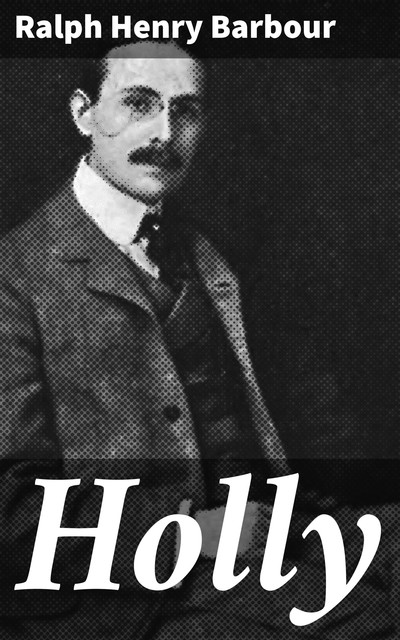We use cookies to improve the Bookmate website experience and our recommendations.
To learn more, please read our Cookie Policy.
To learn more, please read our Cookie Policy.
Accept All Cookies
Cookie Settings
In his captivating novel “Holly,” Ralph Henry Barbour weaves a tale rich with themes of youthful exuberance and the trials of coming-of-age. Set against the backdrop of a charming New England town, the narrative unfolds through a series of heartwarming and sometimes tumultuous events that shape the titular character, Holly, into her own. Barbour's writing style is characterized by its engaging dialogue and vivid descriptions, which give readers a sense of place and time while also capturing the essence of early 20th-century American culture. The novel reflects the conventions of the young adult genre of its time, emphasizing moral development and personal growth amidst the challenges faced by adolescents. Ralph Henry Barbour, a prominent author of juvenile literature, was known for his keen insights into the lives of youth and their inherent struggles. Born in 1870, Barbour grew up influenced by the ideals of the American early 20th century and an appreciation for outdoor adventure and sports, elements that frequently feature in his work. His background in education and his experiences with young people likely inspired him to portray relatable characters who navigate the complex landscape of self-discovery and friendship. “Holly” is a must-read for anyone interested in themes of identity and resilience. Barbour's ability to craft relatable characters and engaging narratives renders this book a timeless exploration of youth. Whether you are a young adult or simply young at heart, the lessons within “Holly” continue to resonate, making it an enriching addition to any literary collection.
more
201 printed pages
- Copyright owner
- Bookwire
- Original publication
- 2023
- Publication year
- 2023
- Publisher
- Good Press
Have you already read it? How did you like it?
👍👎
fb2epub
Drag & drop your files
(not more than 5 at once)


